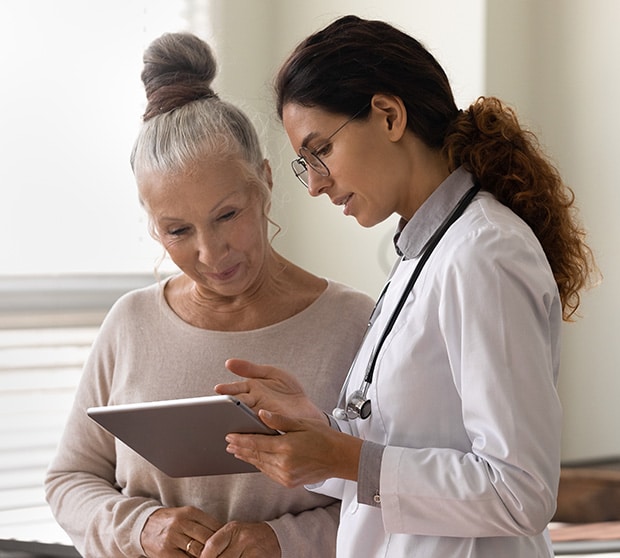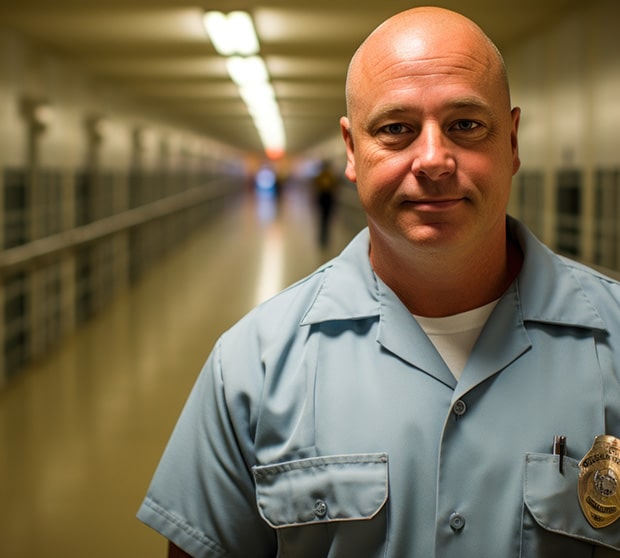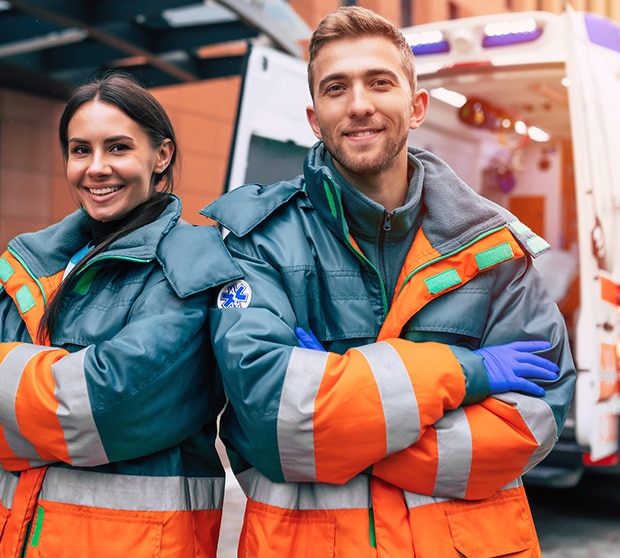We want to be your partner of choice in the communities we serve. To do that, we work with a wide range of community partners, from medical professionals to prison personnel, to provide the best possible outcomes for our patients.
Why Choose Crossroads?
Instant Intake®: Patients can access treatment through a virtual appointment.
Bridge Prescriptions: When medically appropriate, these short-term prescriptions can provide medication between the Instant Intake appointment and first in-person appointment.
Comprehensive, Convenient and High-Quality Care
Crossroads takes a comprehensive approach by combining FDA-approved medication with counseling, toxicology and intensive care coordination to provide what the National Institutes of Health (NIH) and Centers for Disease Control and Prevention (CDC) have labeled the gold standard in care. We exist to help our patients get their lives back.
What makes Crossroads unique?
- 88% percent of our patients would recommend us to a friend or family member
- 300,000+ patients served
- 25,000+ patients get their lives back every month
- 500+ providers, counselors, peer support specialists and care coordinators
We accept most major insurances, including Medicare and Medicaid. We also have self-pay options available.
Referring to Crossroads is easy. Here’s how:
To schedule a referral, please call us at 855.694.8288 to connect with our 24/7/365 Patient Access Center.

Crossroads provides care coordination and counseling to help treat the underlying causes of substance use disorders (SUDs). This includes addressing the behavioral and mental health components of dependence.
Crossroads partners with other treatment and behavioral health providers, such as counselors and inpatient or outpatient facilities, to offer comprehensive resources for patients on their recovery journeys.
Despite the substantial evidence supporting medication for SUDs, few jails or prisons offer this treatment or connect the newly released with medication-based recovery support in the community.
Partnering with Crossroads can be the SUD solution for your corrections institution. People released from incarceration are 40 times more likely to die of an overdose in the first two weeks after release compared to the general population; the risk of death is highest among women.1
1 Virginia Mercury June 8 Guest Column, “How to Give Incarcerated People a Fighting Chance against Opioids,” Virginia Mercury, June 8, 2023.


We partner with national, regional and local government entities to advocate for public policies that enhance access to SUD treatment and related programs.
Crossroads works with law enforcement in a variety of ways in our communities. We know that our first responders are often on the frontlines of overdose events and witness these tragedies firsthand. Our services drastically reduce the risk of overdose, reduce recidivism in our communities and help our patients and community members build lives free of SUD.


Recognizing that treatment doesn’t happen in isolation, we actively collaborate with a diverse network of healthcare professionals. Our partnerships extend to hospitals, primary care physicians, OB/GYNs and other specialists. Together, we strive to coordinate personalized and effective care for those navigating the challenges of substance use disorder. By leveraging our collective expertise, we ensure that patients receive the highest level of support on their recovery journeys.
Crossroads is a trusted partner for primary care physicians seeking comprehensive, evidence-based treatment for patients with substance use disorders (SUDs). Our specialized approach integrates medication-based recovery support and counseling to support long-term recovery. With a focus on accessibility, we provide same-day appointments, ensuring patients receive timely care when they need it most. Our experienced medical and counseling teams collaborate with referring providers to create seamless, patient-centered treatment plans that improve overall health outcomes. By referring to Crossroads, primary care physicians can connect their patients with compassionate, effective care that addresses both SUDs and co-occurring health conditions.


Employee Assistance Programs are a helpful resource for employees seeking assistance with SUDs, providing support and guidance while maintaining confidentiality. Crossroads partners with employers to be the provider of choice when an employee with an SUD needs treatment. We offer outpatient care plans, which allow your employee to continue working while in treatment.
We collaborate closely with social providers to expand access to care and save lives throughout our communities. We partner with harm reduction organizations, low-income housing facilities, homeless shelters and other social providers in our mission to improve health equity and create superior outcomes for those with SUDs.

Referring to Crossroads is easy. Here’s how:
To schedule a referral, please call us at 855.694.8288 to connect with our 24/7/365 Patient Access Center.

